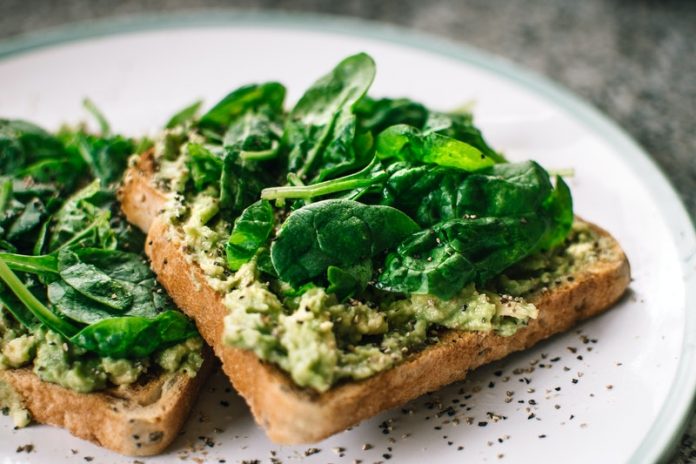
In a new study from Texas A&M University, researchers found eating spinach could prevent colon cancer.
The finding suggests spinach might aid in cancer prevention in these patients by delaying the need for colon removal and prolonged drug treatment.
In the United States, colon cancer is the fourth most common cancer and the second-leading cause of cancer-related deaths.
Previous studies have shown that eating green vegetables and fiber reduces the risk of colon cancer by as much as half.
In the new study, the team explores the link between spinach, gut health, genes, and colon cancer outcomes.
The researchers used a model of a hereditary disease called familial adenomatous polyposis, an inherited disorder that causes young people to develop multiple noncancerous growths (polyps) in their colon.
Most people with this disease must have their colon surgically removed to prevent hundreds of tumors from growing in their colon as they age.
They then undergo often toxic NSAYS treatment to prevent additional tumors from forming in the duodenum, the first part of the small intestine.
After feeding freeze-dried spinach to an animal model of familial adenomatous polyposis for 26 weeks, the researchers observed significant antitumor activity in the colon and small intestine.
They found that the tumor suppression from spinach involved increased diversity in the gut microbiome (helpful microbes) and changes in gene expression to help prevent cancer.
The researchers also found that fatty acids associated with the regulation of inflammation, called linoleate metabolites, were brought up to a beneficial level after a spinach diet.
The team believes eating spinach can also be protective for people who do not have familial adenomatous polyposis.
Hereditary forms of colon cancer only account for about 10 to 15% of cases. The majority of colon cancers are sporadic, meaning they are not driven by a genetic predisposition inherited through a family.
Over decades, exposure to carcinogens through diet and environment can change the way genes are expressed in the gastrointestinal (GI) tract, and this can cause people to develop polyps in the colon and lower GI tract later in life that can progress into cancer.
This is why the American Cancer Society recommends starting colon cancer screening at age 45.
If you care about colon cancer, please read studies about colon cancer diagnoses from 49 to 50 increase 46% and findings of these two prebiotics may help treat skin cancer, colon cancer.
For more information about colon cancer and your health, please see recent studies about statin drugs may protect you from both heart disease and colon cancer and results showing a new cause of colon cancer.
The study is published in the journal Gut Microbes. One author of the study is Roderick Dashwood.
Copyright © 2021 Knowridge Science Report. All rights reserved.



